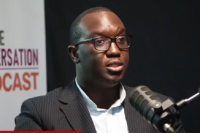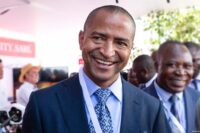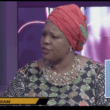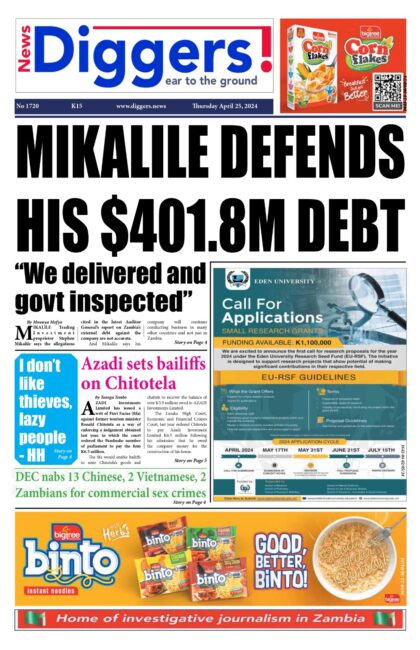Information Minister Dora Siliya says it is the responsibility of government to support any private media in the country, including Prime TV, because they are struggling.
Speaking when she winded up debate on the 2020 Ministry of Information budget in parliament Tuesday, Siliya also said journalists at public broadcast media understand that because they are paid by the citizens, they have a duty to showcase developments on how public resources are spent.
“There was another specific issue raised that ‘why was ZNBC going to Prime TV to air programmes?’ This is not unusual. First of all, it is the responsibility of government to support any private sector in this country including Mr Shawa at Prime TV because we know that these media houses are really struggling and government is one of the biggest expenders. And also professionally, it is not strange to see even on DSTV one channel advertising on another channel,” Siliya debated.
She noted that journalists and media owners had different agendas but that it was wrong to create a wage between those in the private sector and those in the public sector.
“It is important that we separate media owners whether it is private sector or government from journalists. Media owners including government owning media and private owners, whether its Prime TV or Hot FM have different agendas from journalists. And I think it is unfortunate to create a wage between journalists in the private sector and journalists in the public sector. I think that it would not help us because this is what has led to the polarisation of the journalists and journalists being camped into pro this party or pro that party. And I think that it is going to be a recipe for disaster to continue in that past,” Siliya said.
And responding to Mazabuka Central member of parliament Gary Nkombo who asked why UPND leader Hakainde Hichilema is never covered by the national broadcaster whenever he is on international trips, Siliya said the ministry does not sit in the ZNBC newsroom.
“Mr Speaker, I think there was a specific issue raised by Honourable Nkombo that the UPND leader when he was in America or in South Africa, he was not covered. Mr Speaker, ZNBC is managed by a board [and] all public media whether it is a newspaper, are managed by a board. And the Ministry of Information and Broadcasting does not sit in the newsroom. They have to make a judgement on what is news in the public interest. We do get a lot of business people travelling around Zambia and ZNBC does not necessarily cover them,” Siliya added.
Meanwhile, Siliya said journalists at public media houses understand that because they are paid by the citizens, and have a duty to broadcast how public resources are spent.
“And as he rightly pointed out that the Ministry of Information and Broadcasting has given a signal that anybody is free to enjoy space on public broadcasting. What is important is that the journalists in the public broadcasting institutions [like] ZNBC TV and radio, understand that because they are paid for by the citizens, the citizens want to know how the party in government is extending the national resources? And so it is more likely that you are going to see ZNBC talking about development or absence of development in a certain area,” said Siliya.













One Response
This woman has no shame! Insoni ebuntu,she even knows that whatever she is saying are just lies but she continue saying rubbish. Since when did the government that always fights private media started sponsoring them. Is it not few weeks or months ago that Prime TV had issues with the government and it has now become just like the opposition to them. It could have made sense if this woman just came straight that the only reason is because people have lost confidence in watching rubbish and outdated news on znbc. NABAKASHA ukutamba fimofine as a result they opt to watch advanced stations than always watching IMBILA. every news of 15 minutes can be just Lungu this Lungu that and there has never been anytime they have said what people expect to hear but just praising rubbish as if they are perfect in everything, when in actual sense 90% of their activities are all wrong. They should just say that they have lost veiwers. On this issue I am even blaming Prime TV owners for allowing government to invade their station. if they are not careful they may start loosing customers too.